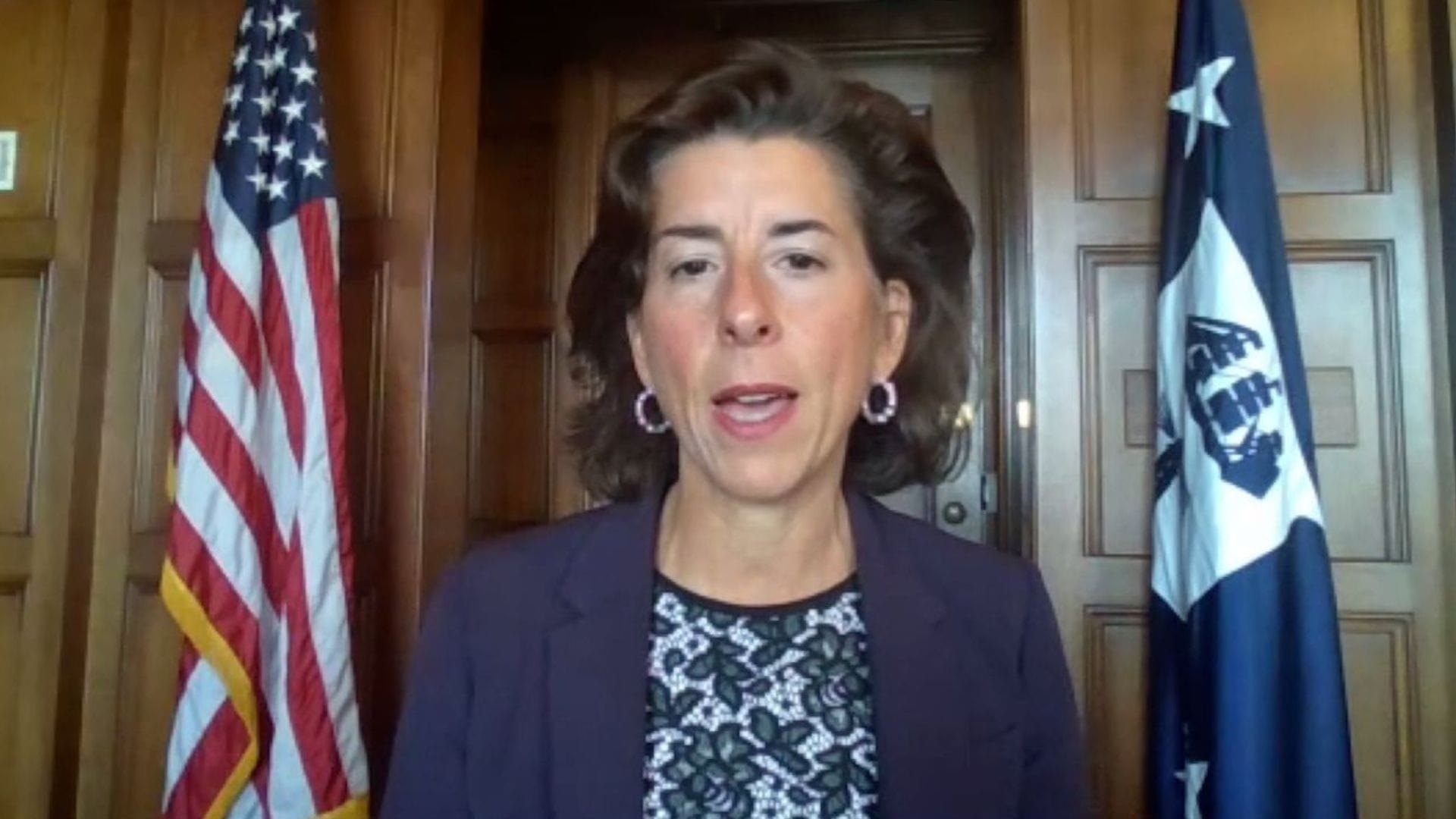Intel’s next CEO faces big decision over potential company split
Intel’s interim CEOs highlight tough challenges as the company’s next leader decides to split manufacturing and product divisions.

Intel is facing a critical decision about its future business structure, and the company’s next CEO will have the final say. Interim co-CEO Dave Zinsner has labelled the possibility of separating Intel’s factory and product-development divisions “an open question.” He commented during the Barclays technology conference in San Francisco on December 14, where he appeared alongside co-CEO Michelle Johnston Holthaus.
Table Of Content
The discussion comes after the recent dismissal of former CEO Pat Gelsinger, who led the company from 2021 until earlier this month. Intel must grapple with increased competition, financial challenges, and lagging innovation compared to its rivals. Speculation has grown that the next leader may take bold steps, including splitting its manufacturing and product-design operations.
A decision left for the future
Zinsner emphasised that no immediate decision has been made, stating, “That’s an open question for another day.” While the two divisions already operate independently with separate oversight and accounts, Gelsinger argued that keeping them together gave Intel a strategic advantage.
Johnston Holthaus echoed a cautious approach, noting that Intel’s access to advanced manufacturing technology enhances its product capabilities. “Does it make sense for them to be completely separated without ties? I don’t think so,” she said. However, she added that the final decision would rest with future leadership.
Despite these uncertainties, Intel’s shares rose by 3.3% to US$20.78 following the discussion. However, this marks a sharp decline from previous highs, with the stock losing 60% of its value this year through December 13.
Tackling ongoing challenges
Both executives acknowledged Intel’s challenges, abandoning their predecessors’ optimistic tone. Zinsner stressed the need for concrete achievements rather than focusing on “early indications of success.” He also pledged to avoid vague predictions, such as inflated long-term projections for Intel’s outsourced chip manufacturing business.
Johnston Holthaus, who now also serves as product CEO, outlined the company’s plan to prioritise investments in its products, even if it means short-term setbacks. She admitted that competitors like Advanced Micro Devices (AMD) have been more successful in addressing customer needs for data centre products. Under her leadership, Reversing Intel’s market-share losses by 2025 will be a key focus.
Intel’s struggles extend to artificial intelligence (AI) chips, where Nvidia currently dominates. Johnston Holthaus admitted that Intel’s Gaudi chip has faced usability issues but said the company is shifting towards more versatile graphics chips. While these offerings will initially lag behind competitors, she promised regular updates to improve their performance and competitiveness.
Looking ahead
As Intel navigates these turbulent times, the future of its business model remains uncertain. The next CEO’s decisions could reshape the company, impacting its internal structure and ability to compete in the fast-evolving semiconductor industry.
















